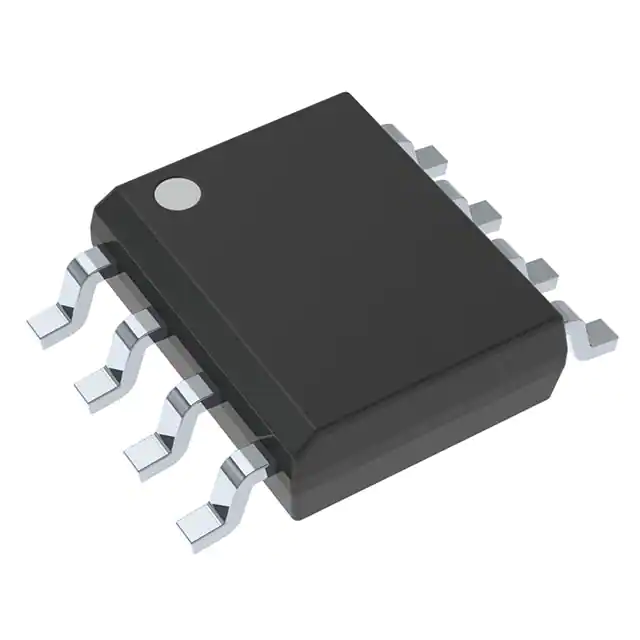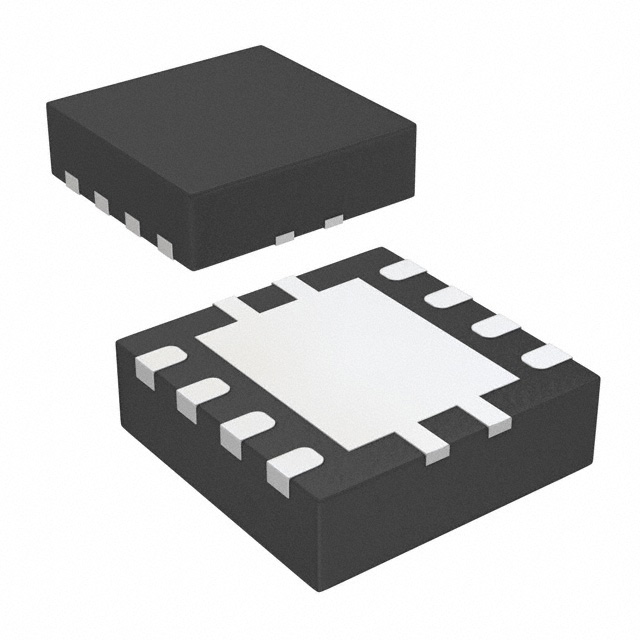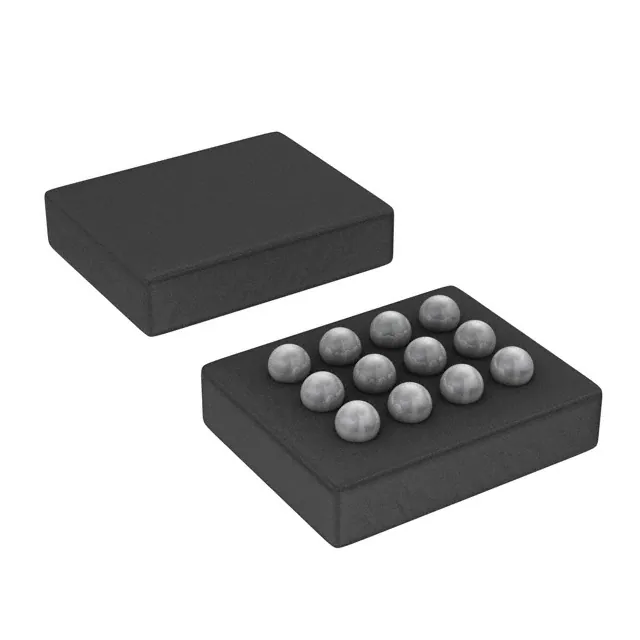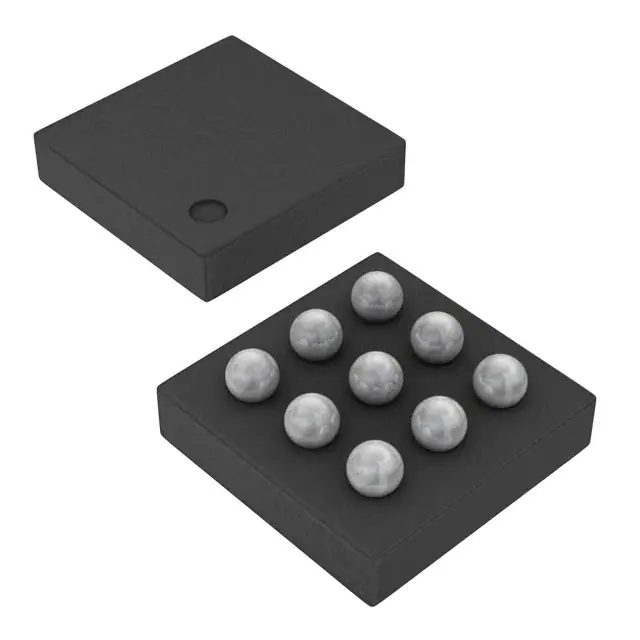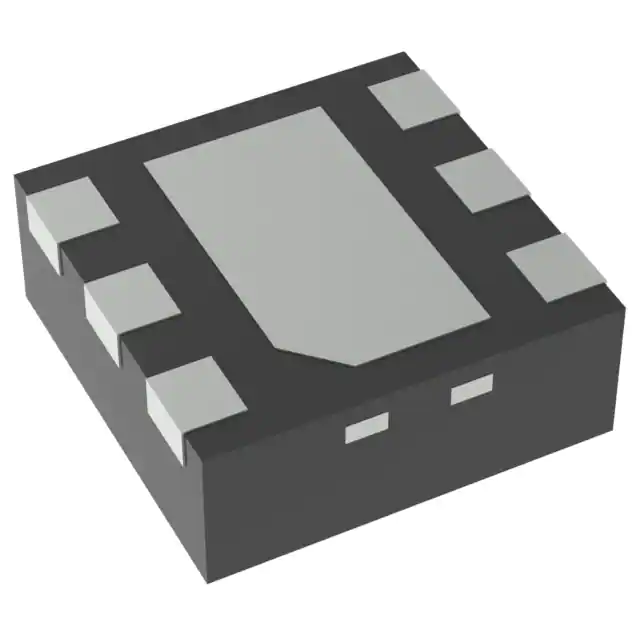1• Compatible With ISO 11898-2
• Qualified for Automotive Applications
• AEC-Q100 Qualified With the Following Results:
– Device Temperature Grade 1: –40°C to 125°C
Ambient Operating Temperature Range
– Device HBM ESD Classification Levels
– Bus Pins: ±12 000 V
– Other Pins: ±3 000 V
– Device CDM ESD Classification Level
±1 000 V
• Single 3.3-V Supply Voltage
• Bit Rates up to 1 Mbps
• Bus Pins Fault Protection up to ±36 V
• –7-V to 12-V Common-Mode Range
• High Input Impedance Allows for 120 Nodes
• LVTTL I/Os are 5-V Tolerant
• GIFT/ICT Compliant
• Adjustable Driver Slew Rates for Improved
Emissions Performance
• Unpowered Node Does Not Disturb the Bus
• Low-Current Standby Mode, 200-μA (Typical)
• Average Power Dissipation: 36.4 mW
• SN65HVD233-Q1: Loopback Mode
• SN65HVD234-Q1: Ultralow-Current Sleep Mode
– 50-nA Typical Current Consumption
• SN65HVD235-Q1: Autobaud Loopback Mode
• Thermal Shutdown Protection
• Power Up and Down With Glitch-Free Bus Inputs and Outputs
– High Input Impedance With Low VCC
– Monotonic Output During Power Cycling
2 Applications
• In-Vehicle Networking
• Advanced Driver-Assistance Systems (ADAS)
• Body Electronics and Lighting
• Infotainment and Cluster
• Hybrid, Electric, and Powertrain Systems
• Applications in Accordance With CAN Bus
Standards Such as NMEA 2000 and SAE J1939
3 Description
The SN65HVD233-Q1, SN65HVD234-Q1, and SN65HVD235-Q1 devices are fault-protected 3.3-V CAN transceivers that are qualified for use in automotive applications. These transceivers work from a 3.3-V supply and are ideal for systems that also leverage a 3.3-V microcontroller, thereby reducing the need for additional components or a separate supply to power the controller and the CAN transceiver. The SN65HVD23x-Q1 transceivers are compatible with the ISO 11898-2 standard and thus are interoperable in mixed networks that employ 5-V CAN and/or 3.3-V CAN transceivers.
Designed for operation in especially harsh environments, the devices feature crosswire protection, overvoltage protection on the CANH and CANL pins up to ±36 V, loss-of-ground protection, overtemperature (thermal shutdown) protection, and common-mode transient protection of ±100 V. These devices operate over a wide –7-V to 12-V commonmode range. These transceivers are the interface between the host CAN controller on the microprocessor and the differential CAN bus used in transportation and automotive applications.
Feature
- Single 3.3-V Supply Voltage
- Bus Pins Fault Protection Exceeds ±36 V
- Bus Pins ESD Protection Exceeds ±16 kV HBM
- Compatible With ISO 11898-2
- GIFT/ICT Compliant
- Data Rates up to 1 Mbps
- Extended –7 V to 12 V Common Mode Range
- High-Input Impedance Allows for 120 Nodes
- LVTTL I/Os are 5-V Tolerant
- Adjustable Driver Transition Times for Improved Emissions Performance
- Unpowered Node Does Not Disturb the Bus
- Low Current Standby Mode, 200-μA (Typical)
- SN65HVD233: Loopback Mode
- SN65HVD234: Ultra Low Current Sleep Mode
- 50-nA Typical Current Consumption
- SN65HVD235: Autobaud Loopback Mode
- Thermal Shutdown Protection
- Power up and Down With Glitch-Free Bus Inputs and Outputs
- High-Input Impedance With Low VCC
- Monolithic Output During Power Cycling

